The Evolution of Chemistry Glass Reactor Manufacturing
The landscape of chemical research and production has been significantly reshaped by the advancements in glass reactor technology. As a pivotal tool in the chemist's arsenal, the 100l glass reactor has undergone a transformation that mirrors the progress of the industry itself. This article delves into the evolution of chemistry glass reactor manufacturing, exploring the journey from its rudimentary beginnings to the sophisticated systems provided by leading manufacturers like ZZKD Machinery and Instrument Equipment Co., Ltd.
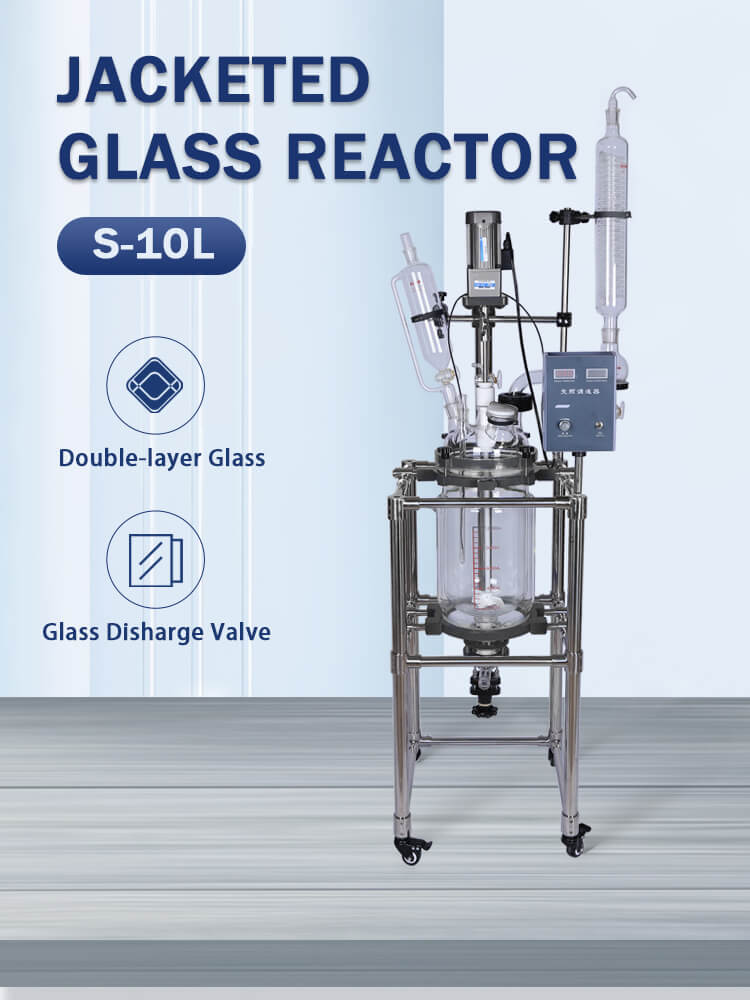
The Birth of Glass Reactors in Chemistry
The Early Days
The inception of glass reactors brought a revolution in chemical experimentation. Initially, simple glass containers allowed chemists to observe reactions and manage them with more precision than was previously possible. These early models set the stage for more complex designs.
Advancements in Glass Technology
With the development of stronger, more resistant glass types, reactors became safer and more reliable. The introduction of borosilicate was particularly noteworthy, offering enhanced durability and heat resistance, which became a standard in the industry.
The Role of Early Manufacturers
Early manufacturers were quick to recognize the potential of these devices. They began to produce more varied designs, catering to the diverse needs of the scientific community and paving the way for specialized production techniques.
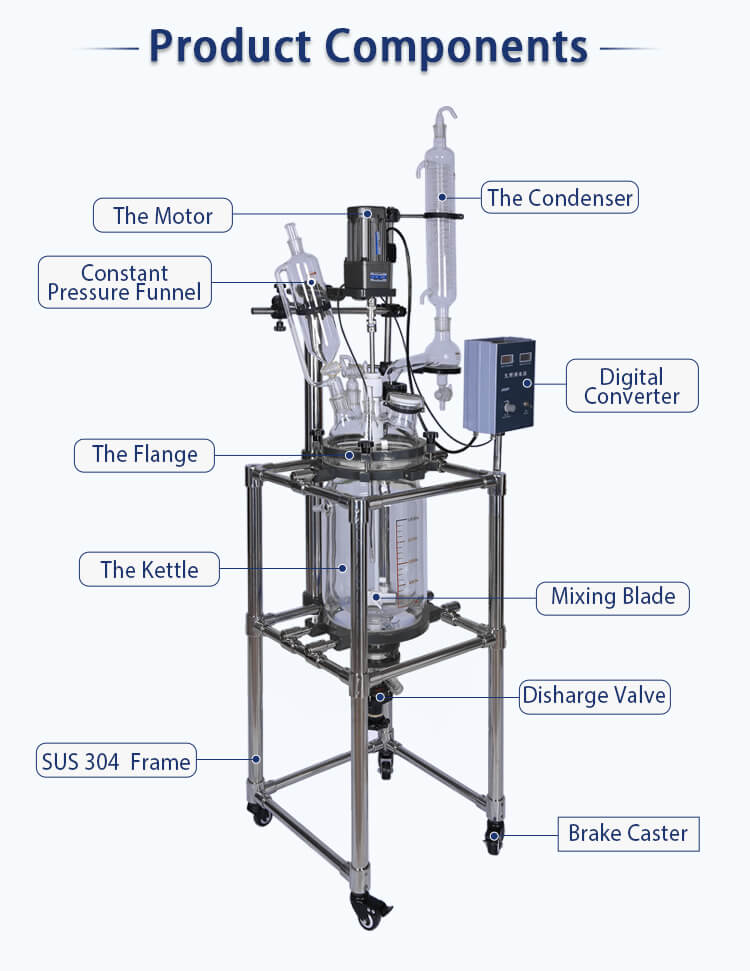
The Growth of Specialized Glass Reactor Systems
Customization for Complex Reactions
As the complexity of chemical processes increased, so did the need for reactors that could accommodate specific requirements. Manufacturers began to offer customization options, allowing for the creation of reactors tailored to individual processes.
Integration with Other Technologies
The integration of glass reactors with stirring and temperature control systems marked a significant milestone. This allowed for more controlled and precise reactions, opening up new possibilities for research and production.
Expansion of Manufacturer Roles
Manufacturers expanded their roles from mere suppliers to partners in innovation. Companies like ZZKD not only provided equipment but also collaborated with scientists to design reactors that addressed emerging needs in the field.
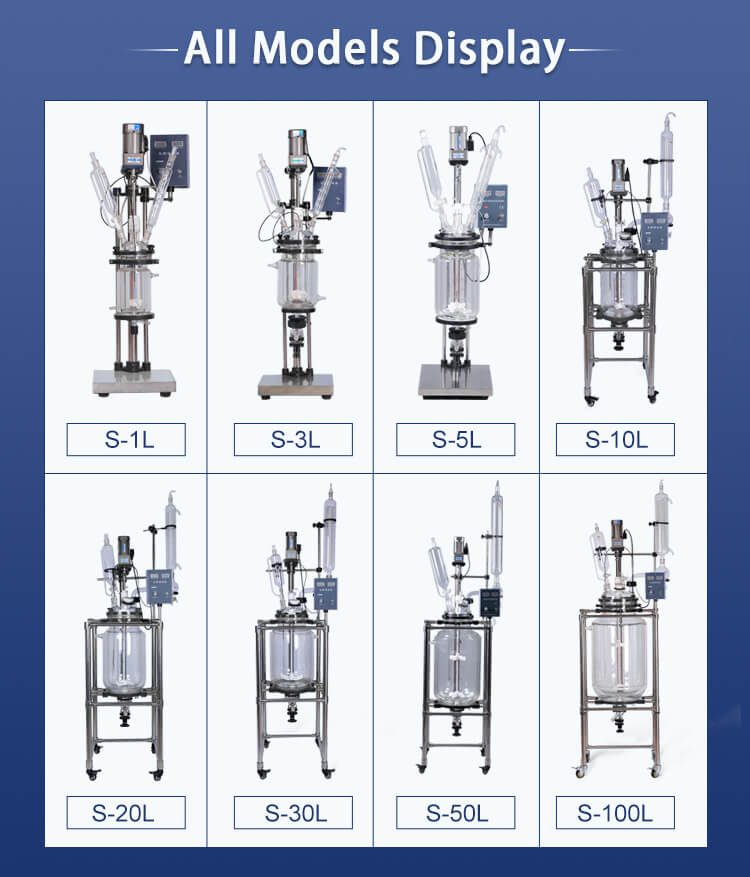
The Global Spread of Glass Reactor Manufacturing
Meeting International Standards
As the demand for glass reactors went global, manufacturers had to ensure their products met various international standards. This led to the adoption of certifications like ISO9001 and CE, which became badges of quality and reliability.
The Challenge of Global Logistics
Establishing a global presence required manufacturers to overcome logistical challenges. With warehouses now in strategic locations such as the United States, Spain, and Thailand, companies like ZZKD could ensure timely delivery worldwide.
Cultural and Regulatory Adaptations
Manufacturers had to adapt to the regulatory environments of different countries. This meant not only complying with a range of safety and quality standards but also understanding the specific needs of regional markets.
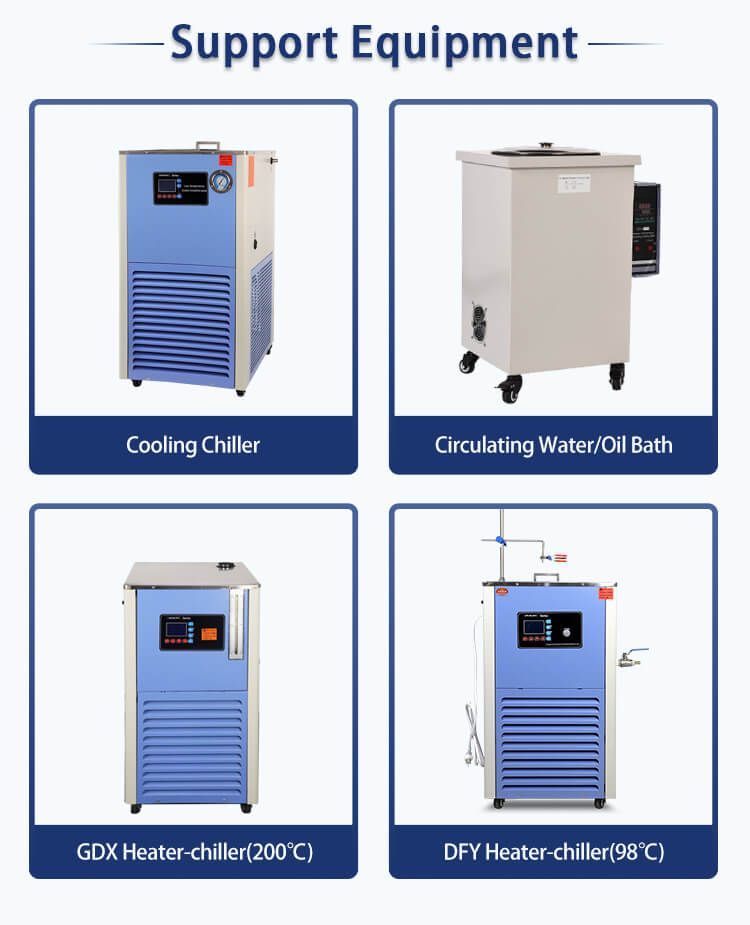
The Role of Research and Development in Reactor Manufacturing
Innovations in Design
Continuous research and development have been crucial for manufacturers to stay ahead. Innovations in reactor design have led to more efficient and safer reactors, with features that cater to the evolving demands of chemists and the pharmaceutical industry.
Collaboration with Academia
Many manufacturers have forged partnerships with academic institutions to drive innovation. These collaborations have been instrumental in developing new reactor technologies that address the practical challenges faced in research labs.
The Future of Reactor Manufacturing
Looking forward, the glass reactor manufacturing industry is poised for further growth. With ongoing research and a commitment to quality, manufacturers like ZZKD are well-equipped to lead the charge in providing the next generation of glass reactors.
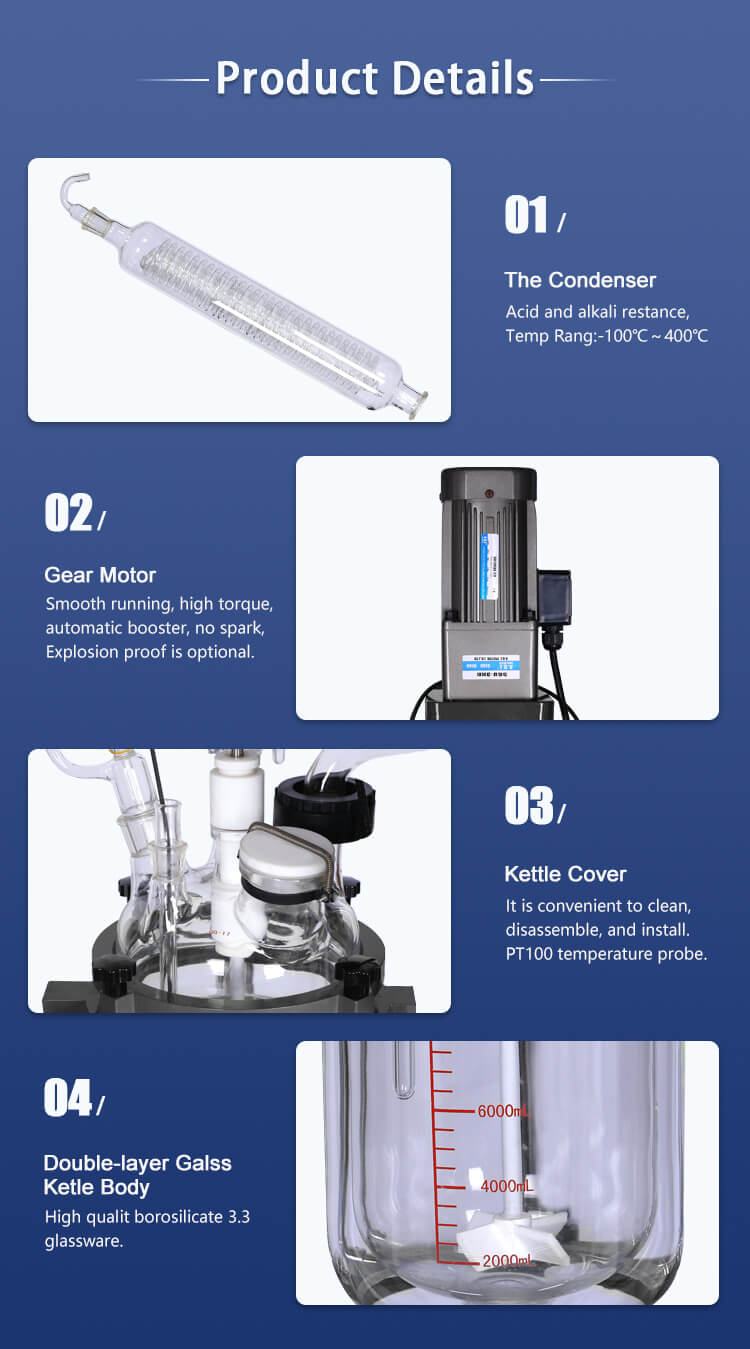
Sustainability in Glass Reactor Manufacturing
Environmental Considerations
Sustainability has become a key concern in manufacturing. Glass reactors are being designed to minimize waste and reduce the environmental footprint of chemical processes.
Recycling and Reusability
The push for recyclable materials and reusable components in glass reactors is a testament to the industry's commitment to environmental responsibility. Manufacturers are now more conscious of their role in promoting sustainability.
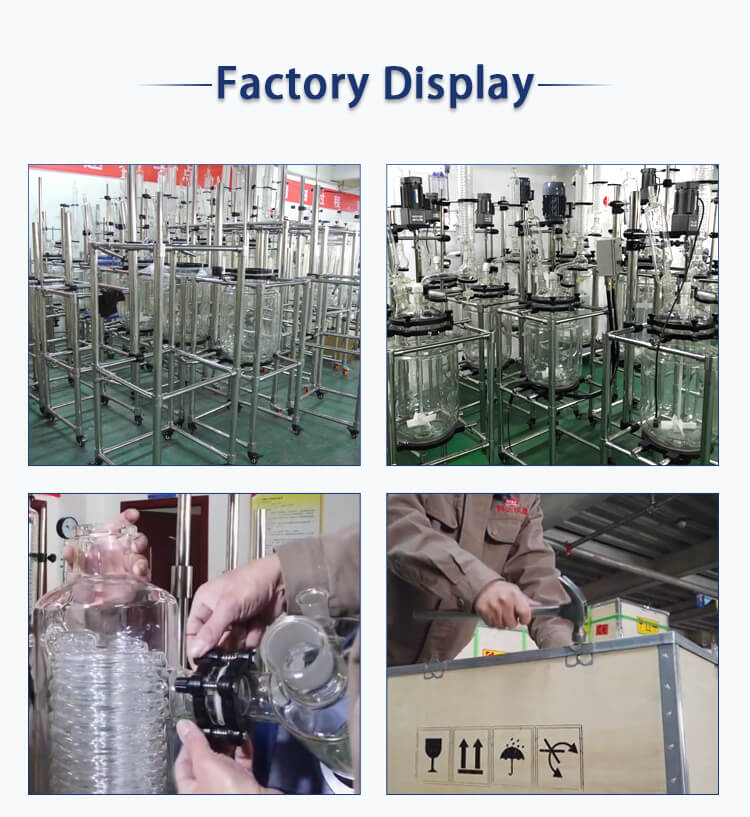
The Customer-Centric Approach in Manufacturing
Tailored Solutions for Clients
Manufacturers have shifted towards a more customer-centric approach, offering one-stop solutions and dedicated support. This ensures that clients receive reactors that perfectly fit their operational needs.
After-Sales Support and Service
The provision of comprehensive after-sales service is now a standard practice. Companies like ZZKD offer dedicated customer service and technical support, ensuring that their clients can rely on them for the long-term success of their operations.
In conclusion, the manufacturing of chemistry glass reactors is not just about producing equipment; it's about advancing the frontiers of science and technology. Companies like ZZKD Machinery and Instrument Equipment Co., Ltd. stand at the forefront of this industry, driving innovation and excellence in a field that is critical to a wide array of scientific endeavors. As the industry continues to evolve, so too will the capabilities and services offered by these pivotal manufacturers, shaping the future of chemical research and production for years to come.


